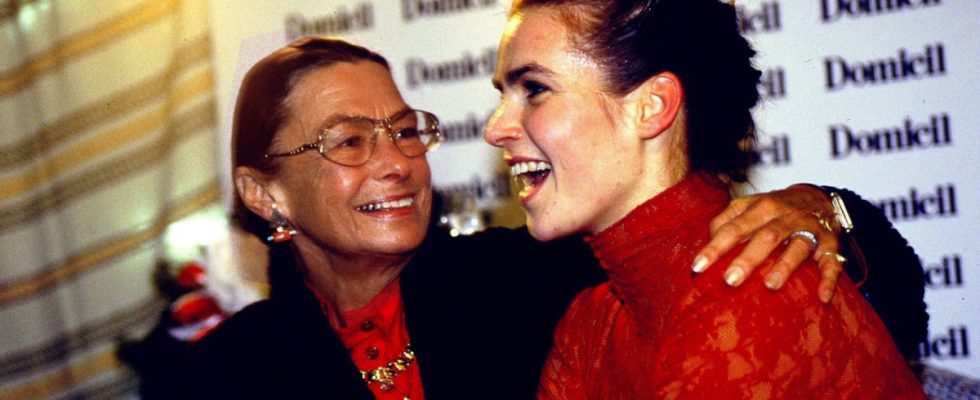When she was retired and well into her 70s, Jutta Müller still regularly came to this barren room in the Chemnitz ice rink, more of a cubicle than an office. There was no plushness in this study, just as there was no laxity or even negligence in the figure skating that Jutta Müller taught. Art, including skid art, was not a gift from heaven, but rather the distillation of discipline and drill. Katarina Witt’s enchanting smile, the charm and grace? “I had to teach her that,” said Jutta Müller. Likewise the elegant stretching of the hand up to the tip of the little finger.
Jutta Müller, who died on Thursday at the age of 94, was the most successful female figure skating principal in the GDR. “This beautiful, strict woman”, as Katarina Witt calls her in her biography, has won 57 international medals with her students over the years, first with her daughter Gaby Seyfert, then with Anett Pötzsch, Jan Hoffmann and Witt, who she Even after the political change, she was there again during the comeback to the Olympic Games in Lillehammer in 1994, and who, in her own words, owes her world career to her.
They were close to each other until the end, and yet Katarina Witt always used the distant “you” when addressing her trainer, out of respect for an authority figure with whom she had power struggles, but who also took her by the hand to protect her Dress fashionably before traveling abroad. Jutta Müller, communist and SED member since the founding of the GDR, naturally wore fur coats, as was common in figure skating at the time, when she stood on the boards with a strict black bun.
She started ballet at the age of three and switched to figure skating and figure skating, without any major successes of her own. When the later GDR sports director Manfred Ewald called the athletes to duty at the national title fights in 1954 (“You old ladies should stop. We need you as trainers!”), that was her order. Jutta Müller studied at the German University of Physical Culture in Leipzig and soon increased the GDR’s fame on the ice in Karl-Marx-Stadt.
Jutta Müller accepted with dignity that the unified German sport no longer offered her a platform after 1990. “I asked for a lot and gave a lot,” she once said looking back. In Chemnitz she taught children and when advice was asked, she was happy to give it. In 2001, for example, she helped the then junior world champion Stefan Lindemann from Erfurt to refine ice skating into figure skating. “Mrs. Müller pays attention to the run-out,” he reported in awe about the work after landing on runners: “You should present jumps as if you were saying to the spectators: Did you see that?!”

